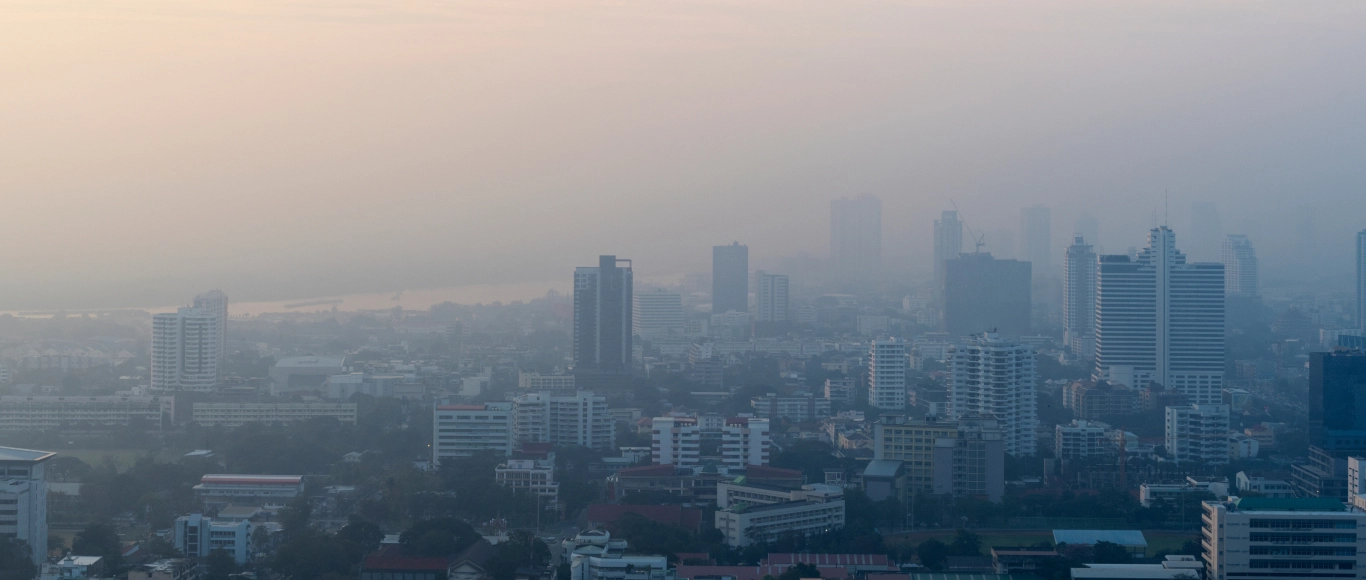Comment by George Day, Senior Policy Advisor – Markets, Policy, and Regulation, at Energy Systems Catapult.
In addition to extreme weather events, cities worldwide are suffering from high levels of air pollution that pose a risk to health. Clean air zones/zero emissions zones offer a potential way to address this, and these have been trialled and rolled out in a number of places in the UK and elsewhere.
Transport is a major emitter of greenhouse gases, as well as having a huge impact on air quality in many cities around the world. So, as we develop policies to decarbonise transport there is clear potential to improve air quality in cities at the same time, particularly in rapidly growing countries like India.
Cutting carbon emissions from transport is key to this, so it has been a pleasure to help support the Energy Systems Catapult’s Innovating for Transport and Energy Systems(ITES) bilateral partnership with Indian experts to address key challenges in this space. ITES aims to carry out joint research into specific sustainable transport issues and enable the piloting, support, and scale up of new sustainable solutions.
I was delighted to chair a fascinating discussion of the challenges and potential to use the concept of clean air zones in the Indian context with three stellar experts: Prof Ashish Verma, of the Indian Institute of Science in Bangalore, Amit Bhatt, India Managing Director of The International Council on Clean Transportation and Mohit Sharma, Senior Counsellor with the Confederation of Indian Industry.
Stay updated
Be first to hear about SME support, UK – India innovation, cutting edge pilots, insights and more.
loerm ipsum is simply dummy text of the printing



